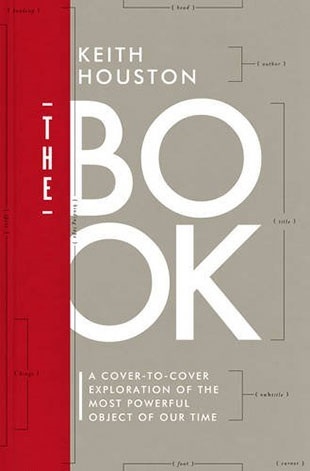"The world runs on paper. On it we print books, newspapers and magazines, contracts and receipts, certificates of birth and death, posters, maps, ballot papers and passports, banknotes and checks, business cards and greeting cards, playing cards and board games, photographs and paintings. From it we make giftwrap, menus, beer coasters, cigarettes, disposable underwear, coffee filters, sandpaper, wallpaper, paper plates, and throwaway cups. World consumption of paper has doubled since 1980, with each resident of the USA consuming the equivalent of 5.57 forty-foot trees in 2012. That is to say, an average American gets through almost 500 pounds of paper in a year. In Belgium, whose capital, Brussels, is the bureaucratic seat of the European Union, that figure rises to more than 750 pounds per capita; in India, on the other hand, it drops to scarcely more than 20. In the age of email, websites, and e-books, our dependence on paper has grown, not lessened.
"Most important here, of course, is the interdependence of paper and books. Of all the pages of all the books in my bookcase, not one is made of anything other than paper, and aside from those few people who study, conserve, or trade in antique books, the vast majority of us will never handle a book that is not made chiefly from paper. Paper, however, was entirely absent from the world in which books first came about. The form of the book was fixed long before paper arrived to meet it, and yet, within a few centuries of that meeting, paper had displaced parchment as surely as parchment had pushed aside papyrus. Without paper, there is no book as we know it today."
